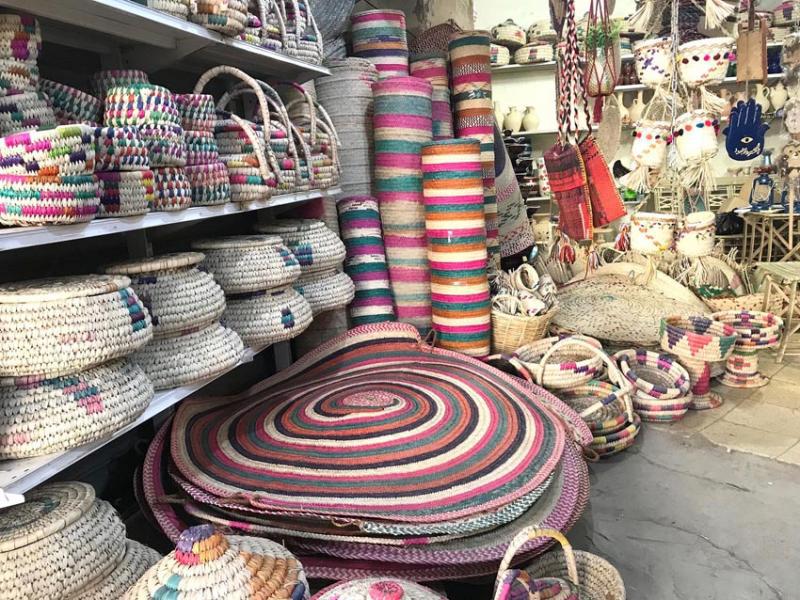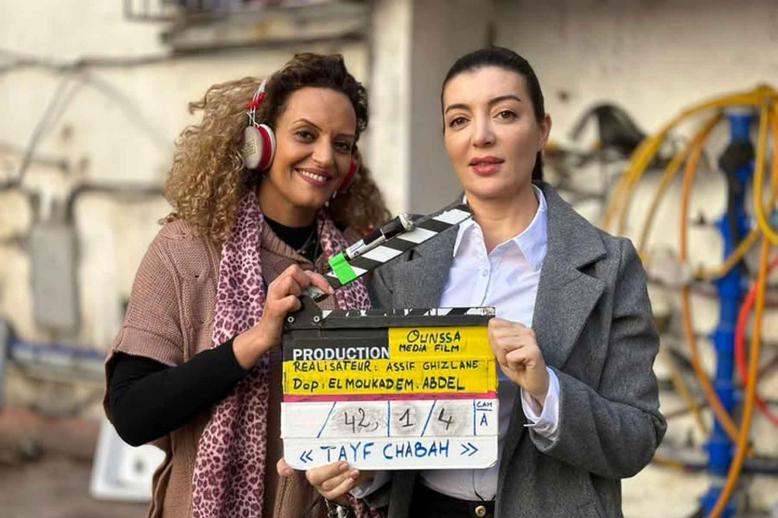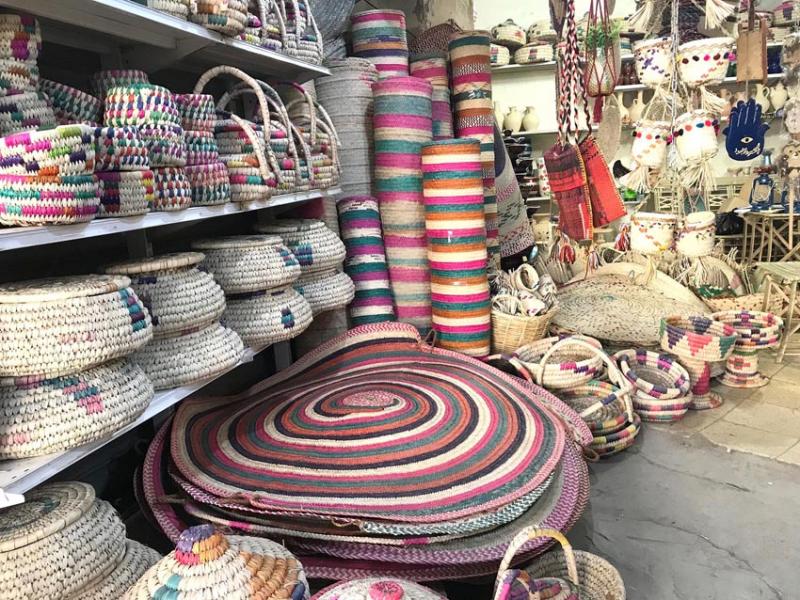Iraq’s ancient crafts struggling to survive
BAGHDAD - Atidal wave of cheap imports is causing the disappearance of traditional crafts and industries in Iraq, such as the art of weaving palm fronds, which goes back to the Mesopotamian era.
Hamed Ibrahim, 49, however, has maintained his shop — the Village of Heritage — selling wicker products despite minimal financial rewards.
“Sustaining the business has become extremely difficult. Workers in traditional crafts are becoming rare and markets are saturated with cheap products from India and China,” Ibrahim said.
Many wicker shops in the Allawi neighbourhood in central Baghdad have shifted to selling imported goods but Ibrahim said he is determined to continue the business he had started 40 years ago to preserve the craft.
“Traditional Iraqi wicker items cannot be copied,” he said. “Each region has its own special touch. Products come in different shapes and colours depending on the place of manufacturing,” he said
The shelves in Ibrahim’s shop are stacked with traditional wares that were once readily found in Iraqi households. These include the tabak, a large circular plate for holding bread; the mahfa, a hand fan; colourful hasira mats; deep containers for conservation of dates; bird cages; and shopping baskets.
Ibrahim said reed crafts are popular in low-income households and among collectors who like to decorate their houses with traditional touches. “In rich households, they are mainly used as decorative items but many poor Iraqis still use them in their daily life,” he said.
Oum Mohamad, one of Ibrahim’s customers, recalled that wicker items were essential components of brides’ trousseau and were found in every Iraqi household. “We used to offer wicker presents for newlyweds. Some would request specific shapes made in specific regions,” she said.
“I could never go about on my daily shopping without the zanbeel (shopping basket), for instance. Most of us owned wicker items that have become a thing from the past, alas,” said the 70-year-old woman, who asked to be identified by her nickname.
Ibrahim, whose shop faces the Ministry of Culture and Tourism, said authorities should create a heritage market, like those in Damascus and Istanbul, where craftspeople who work in endangered trades can gather to sell their goods.
“Every day, the ministry’s employees and even directors visit my shop to screen the handicrafts. I take the occasion to relay to them the concerns of the few craftsmen still working in the traditional professions and the need to act quickly to preserve this heritage,” Ibrahim said.
“Unfortunately, my pleas are falling on deaf ears. The government hasn’t made any real effort to preserve at least some of the crafts, even just for the purposes of tourism or for the protection of our culture. They all make promises but no real action is taken.”
Wicker weaving is as old as civilisation in Mesopotamia — today’s Iraq — especially in regions rich with date trees, an important material for basketry, matting and ropes. The dense fibres of the tree trunk are used because they are the strongest part of the leaves, making wicker products sturdy and suitable for a variety of domestic products.
The production of basketry and matting is labour intensive but does not require specialised tools. It could be easily performed in a domestic environment with both women and men working on aspects of the craft. Only a strong cutting tool is needed to split the branches into thin strings, which are pressed flat to create sheets.
Heritage researcher Amer Abdel Razzak said that date palm was an important resource in ancient Iraqi civilisations, like the Sumerian and Babylonian.
“Cuneiform tablets indicate that palm fronds were used in ancient civilisations in the manufacture of mattresses and furniture,” Abdel Razzak said. “The wicker craft has been transmitted across generations especially among the tribes in southern Iraq.
“Preserving this heritage by supporting craftsmen who are dropping out of the profession for financial reasons should be a government priority,” he said, adding: “Safeguarding ancient crafts is tantamount to safeguarding Iraq’s ancient civilisations.”
Ibrahim is among the few Iraqis trying to salvage the fading craft. He said it is mostly performed now by rural women who inherited the skill from their ancestry.
“I am keen on dealing with these women and I travel long distances to acquire their products which have become rare commodities. Restaurants are increasingly demanding reed items like chairs to give a traditional touch to their interior,” Ibrahim said.
“The ancient arts are slowly disappearing and culture will suffer beyond redemption if nothing is done quickly and effectively,” he added.







